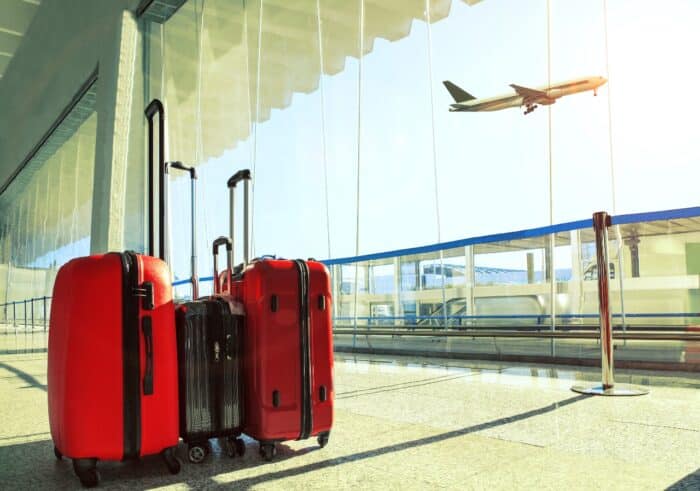
Airline Fees Ruling Overview:
- Who: The Eleventh Circuit has found federal law doesn’t protect a Venezuelan airline from accusations it leveled a surprise fee on passengers.
- Why: The judges ruled that the case could not be dismissed under the Airline Deregulation Act.
- Where: The decision was filed in the Eleventh Circuit Court of Appeal.
Airlines may need to be clearer with customers about their fees after a recent decision made by an appeals court over “surprise fees” handed down to fliers by Venezuelan carrier Avior Airlines.
In a decision filed Feb. 3 in the Eleventh Circuit, judges revived a class action lawsuit that alleged Avior Airlines breached its contract with passengers when it had them pay a surprise $80 “exit fee” before boarding flights from Miami to Venezuela, Law360 reports.
In the original complaint, Plaintiffs Roberto Cavalieri and Sergio Isea alleged Avior made a promise not to charge passengers more than the airfare, taxes and fees that were disclosed in the air carrier’s contract of carriage.
However, when checking in, Avior lumped the surprise exit fee on them, they say.
The panel of judges said the class action could proceed, and that it could not be dismissed under the Airline Deregulation Act.
The 1978 law got rid of the federal government’s control over airline fees and barred state regulations “related to a price, route or service of an air carrier.” It generally provides airlines with protections against lawsuits that seek to enforce state or local laws that relate to their prices, routes or services.
Decision Could Push Airlines To Scrutinize Fee Disclosure
The Eleventh Circuit has jurisdiction over Alabama, Florida and Georgia, so it remains to be seen if the decision will have impact beyond these districts’ courts.
However, experts say the decision could push airlines to scrutinize how clearly they disclose fees and other conditions in their contracts of carriage with passengers.
In 1995, the Supreme Court created a small exception for consumers to sue airlines when the airline breaks its own contract when ruling on American Airlines v. Wolens.
Stinson LLP partner Roy Goldberg told Law360 that airlines should ensure their contracts of carriage cover all the prices, taxes and fees that the airline may require the passenger to pay.
Other carriers have worded their contracts of carriage to guard against the type of claim brought by the Avior plaintiffs, Goldberg said.
“Ultimately, an airline can protect itself against a case like Avior Airlines by including more robust language in its contract of carriage,” he said.
Avior argues that the “surprise exit fee” was disclosed on parts of its website.
Meanwhile, a multidistrict litigation that began several years ago accuses several domestic airlines of scheming together to keep ticket prices high by limiting seating capacity on domestic flights. Individual airlines have begun reaching settlements in these cases. Southwest Airlines agreed to a $15 million settlement in late 2017, and American Airlines agreed to settle claims against it for $45 million in 2018.
What do you think of the Eleventh Circuit Decision? Let us know in the comments!
Don’t Miss Out!
Check out our list of Class Action Lawsuits and Class Action Settlements you may qualify to join!
Read About More Class Action Lawsuits & Class Action Settlements:
- American Airlines Federal Credit Union $1.5M Class Action Settlement
- Uber IPO Class Action Adds New Claimants Despite Company Protests
- Class Action Alleging Southwest Sold Tickets on Dangerously Faulty Boeing Planes Is Certified
- Southwest Endangered, Overcharged Passengers for Risky 737 Max Flights, Says Class Action















One thought on Airlines May Need to Be Clearer About Fees After Recent Appeals Court Ruling
Please add me